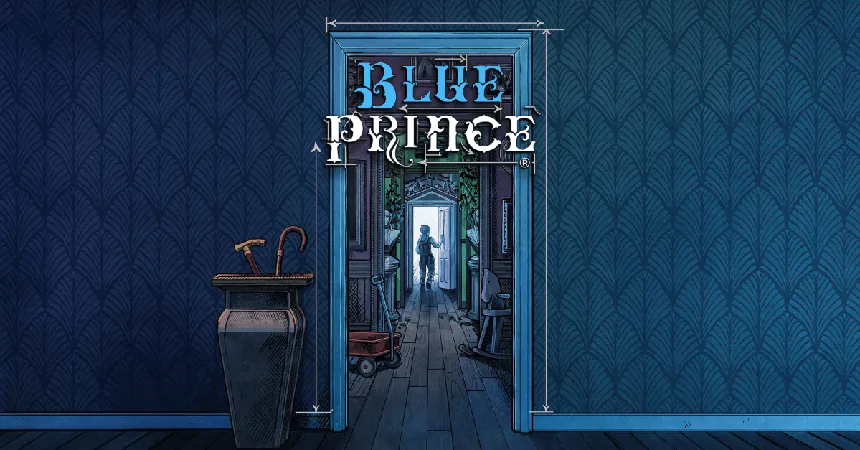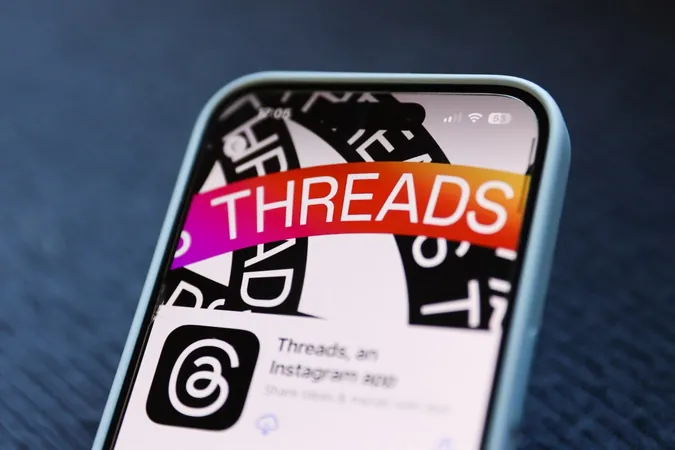
Surge in On-Screen Violence Prompts Health Warnings from Researchers: Are We Becoming Desensitized?
2024-12-30
Author: William
Surge in On-Screen Violence Prompts Health Warnings from Researchers: Are We Becoming Desensitized?
A recent study has revealed a troubling rise in discussions of homicide and violent acts within films, raising health concerns for both adults and, more critically, children. Researchers have noted that over the past 50 years, there's been a small yet significant increase in movie characters mentioning murder or killing, which could influence perceptions of violence in society.
Brad Bushman, a communication specialist from Ohio State University and a co-author of the study, emphasized that this trend isn't limited to crime genres, where one might expect such themes. "The surprising thing is the increase occurs not just for crime genres, which you would expect because they’re violent, but also for non-crime genres,” said Bushman, underlining the pervasive nature of violent content in various types of films.
The research prompted the team to advocate for a proactive approach through "mindful consumption and media literacy" as a protective measure for vulnerable audiences, especially children, who might be particularly susceptible to the influence of violent narratives. Bushman expressed concern directly stating, “Adults can make their own choices, but I’m especially concerned about children being exposed to violence in the media.”
Debates around the impact of cinematic violence on viewer behavior have persisted for years, with mixed findings in previous studies. Some research has indicated that young viewers may exhibit increased aggression after being exposed to violent media, like films and video games, and often show signs of antisocial and emotional distress. Conversely, a 2020 analysis suggested that the link between violent behavior and video games might be minimal, pointing out that actual aggression often depends on the viewer’s pre-existing tendencies.
In their study, published in the journal Jama Pediatrics, Bushman and his team meticulously analyzed dialogue from 166,534 English-language films released between 1970 and 2020 utilizing data from OpenSubtitles.org. Findings revealed that nearly 7% of the films contained language associated with "kill" or "murder". The researchers cautiously excluded the use of these terms in questions and passive forms, arriving at what Bushman described as a “very conservative estimate” of murderous verbs observed over the decades.
The data showed a general increase over time in the percentage of such terms used in dialogues across all genres. From the early 1970s, the fraction of violent verbs climbed from 0.21% to 0.37% by 2020. Interestingly, this upward trend was noted for both male and female characters, although female characters only exhibited this increase in non-crime films.
Moreover, the findings align with previous research conducted by the same team, which found a more than twofold increase in gun violence depicted in top films since 1950. Bushman argues that this trend is alarming, as prolonged exposure to violent media may alter perceptions of reality, leading to desensitization and increasing aggressive behaviors: “We know there are many harmful effects of exposure to violent media. It increases aggressive behavior, but also makes people desensitized, numb, to the pain and suffering of others,” he stated.
While the study has raised crucial discussions, Peter Etchells, a psychology professor at Bath Spa University, urged a cautious approach to interpreting these findings. He argued that jumping from merely counting violent terms in films to general health concerns is a significant leap. He commented, “This isn’t something I would really be worrying about,” emphasizing the need for context in discussing the implications of language used in film.
As the conversation continues, one thing is clear: the landscape of film and media is changing, and understanding its potential effects on society has never been more vital. Are we watching a new era of entertainment that's conditioning us to violence? The debate is just beginning.









 Brasil (PT)
Brasil (PT)
 Canada (EN)
Canada (EN)
 Chile (ES)
Chile (ES)
 Česko (CS)
Česko (CS)
 대한민국 (KO)
대한민국 (KO)
 España (ES)
España (ES)
 France (FR)
France (FR)
 Hong Kong (EN)
Hong Kong (EN)
 Italia (IT)
Italia (IT)
 日本 (JA)
日本 (JA)
 Magyarország (HU)
Magyarország (HU)
 Norge (NO)
Norge (NO)
 Polska (PL)
Polska (PL)
 Schweiz (DE)
Schweiz (DE)
 Singapore (EN)
Singapore (EN)
 Sverige (SV)
Sverige (SV)
 Suomi (FI)
Suomi (FI)
 Türkiye (TR)
Türkiye (TR)
 الإمارات العربية المتحدة (AR)
الإمارات العربية المتحدة (AR)